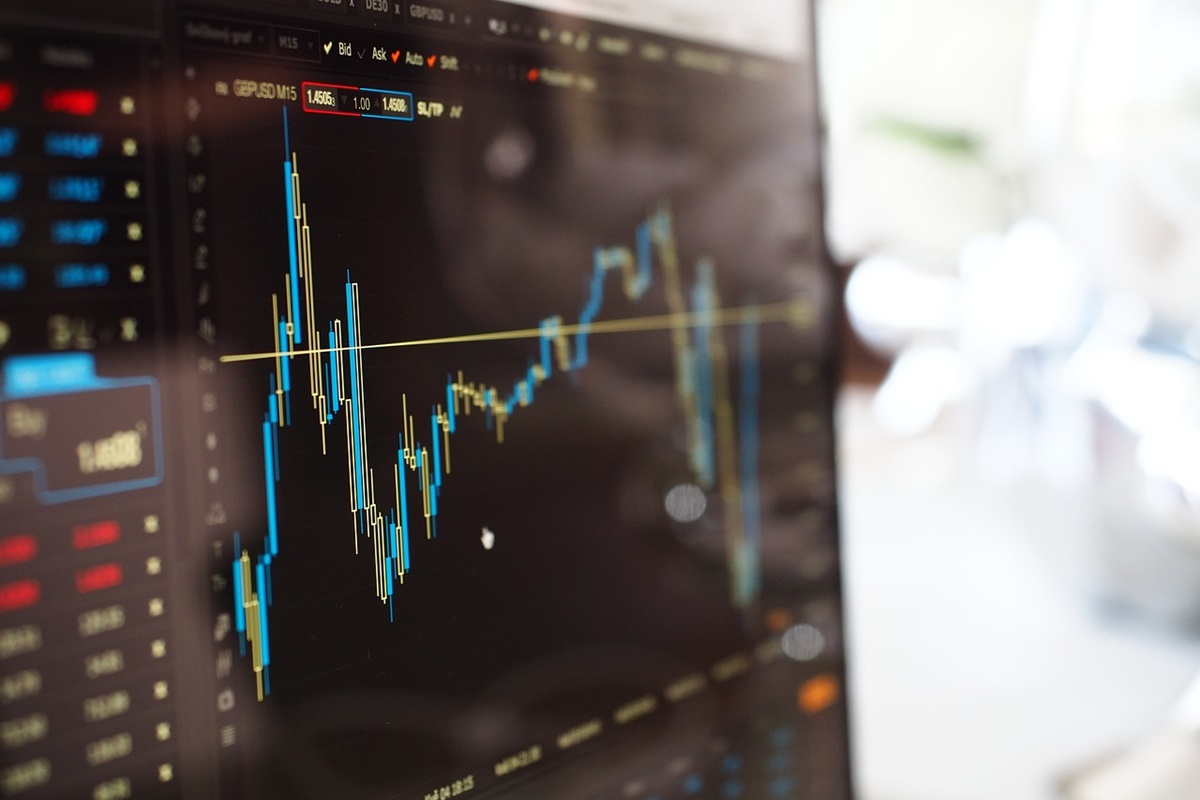On Wednesday, August 14, European stock indexes demonstrated the dynamic of the growth at the beginning of trading.

The upward trajectory of the mentioned indicators is observed against the background of data that the inflationary process is weakening, generating a result in the form of a slowdown in the growth rate of the cost of goods and services. The specified information is a kind of support factor for the markets as part of the stabilization of the situation and the gradual improvement of the state of affairs in these spaces after the collapse that occurred last week. Traders also showed a positive attitude in the context of expectations regarding inflation data in the United States. It is worth noting that these expectations and sentiments are largely related to assessments of the actions of financial regulators in the context of a potential easing of the monetary policy strategy. The corresponding moves have a direct impact on the markets.
At the same time, many central banks around the world have either already begun to ease monetary policy, or are beginning to consider the possibility of making appropriate decisions as a realistic prospect in the foreseeable future, rather than as a theoretical step with an indefinite period of materialization. For example, the European Central Bank and the Swiss National Bank have already cut interest rates. Also this week, for the first time in four years, the decision to lower the cost of borrowing was made by the central bank of New Zealand. Moreover, the mentioned country’s financial regulator, said that monetary policy easing actions will continue in the coming months. Against the background of this statement, the sell-off of the Kiwi dollar began, the exchange rate of which fell by about 1% during the day.
The Japanese yen and Nikkei were outside the territory of unambiguous stability of indicators against the background of political news. In this case, it implies reports that the Prime Minister of the mentioned country, Fumio Kishida, will step down next month. At the same time, in general, the value of Asian stocks continues to be on a growth trajectory. The situation in the specified region markets returned to normal after the large-scale downturn.
The MSCI World Equity Index showed an increase of 0.3% as of the morning of August 14. This indicator has reached its highest level in the last 12 days.
Europe’s STOXX 600 was up 0.4%. London’s FTSE 100 rose 0.5%.
Last week, global markets faced massive sell-offs. This situation has formed against the background of a significant increase in fears that in the short term, a recession scenario may materialize in the space of the United States economic system. Against the background of the corresponding sentiment, traders bet that the Federal Reserve System may face the need to quickly cut interest rates to stimulate economic growth. The mentioned concerns to a large extent were driven by an unexpected rise in the US unemployment rate.
Equity and bond markets faced difficulties, including because traders suspended trading in the yen after the strengthening of this currency as a reaction to the surprising decision of the Bank of Japan to increase the cost of borrowing. Over time, new data on the condition of the United States economic system has eased concerns about the risk of recession in this country.
On Tuesday, August 13, stock indexes showed growth after information about the dynamic prices of US producers showed a slowdown in inflation. Against the background of these data, expectations have increased that the central bank of the United States will decide on cutting interest rates in the foreseeable future. Markets estimate at about 52.5% the probability that the Fed will lower the cost of borrowing by 50 basis points next month. The probability of cutting interest rates by 25 basis points is estimated at 47.5%.
Justin Onuekwusi, chief investment officer at investment company St. James’s Place, says that markets are less in panic mode. At the same time, the expert admits the possibility that traders are in a hurry to model the development of the situation within their expectations regarding interest rate-cutting. Justin Onuekwusi said that the market is behaving too aggressively concerning the lowering of borrowing costs by the Fed. In this context, the expert mentioned that some officials of the central bank of the United States, who adhere to the so-called hawkish position, say that they need additional data on the condition and the dynamic of the economy to support the decision to ease monetary policy.
Atlanta Federal Reserve President Raphael Bostic said this week that he wants to see more information before becoming one of those voting for lowering the cost of borrowing.
The yield on 10-year Treasury bonds of the United States remained stable at 3.8522% but declined after data on producer prices were released.
The dollar index shows almost no changes. The corresponding figure is 102.49. The euro index is at $1.102, which is the highest since January 2.
The commodities market, which is a factor of sensitive impact on the global economy in general and the relevant systems of individual countries in particular, is experiencing an increase in prices. The corresponding dynamic is because there is a decrease in crude and gasoline inventories in the United States. Also, the mentioned market is observing the risks of escalation of military tensions in the Middle East in a kind of tense expectation mode. If the situation in this region deteriorates and the dynamic of occasions is within the negative scenario, the global oil supply system is likely to face various difficulties.









